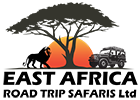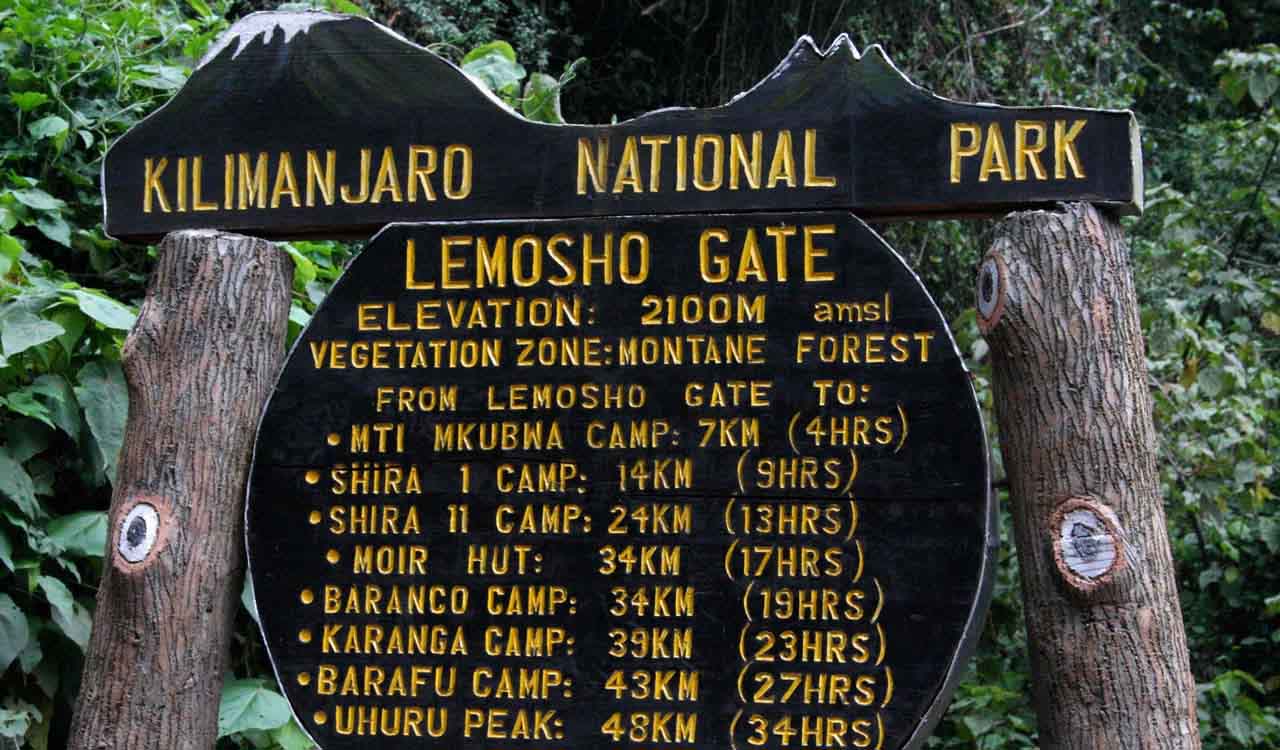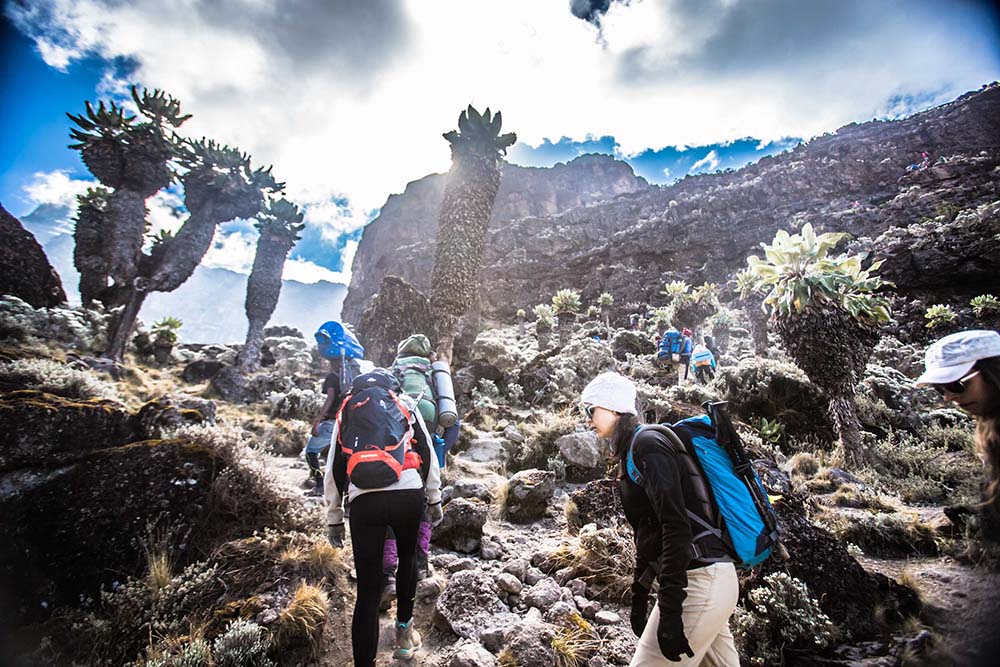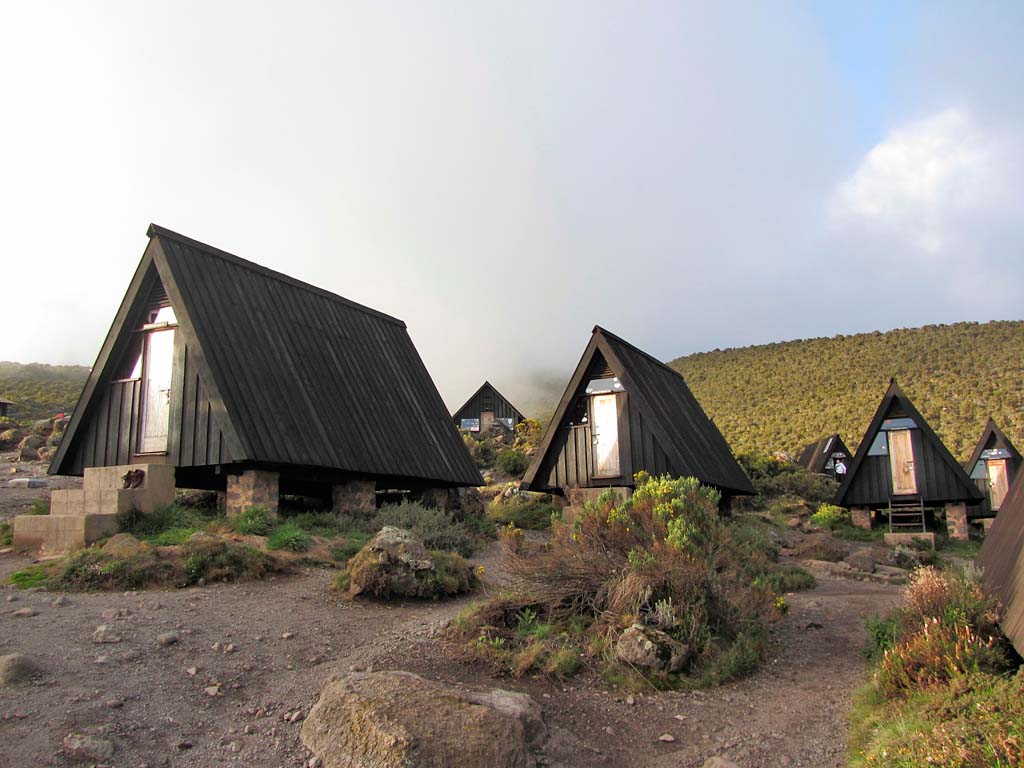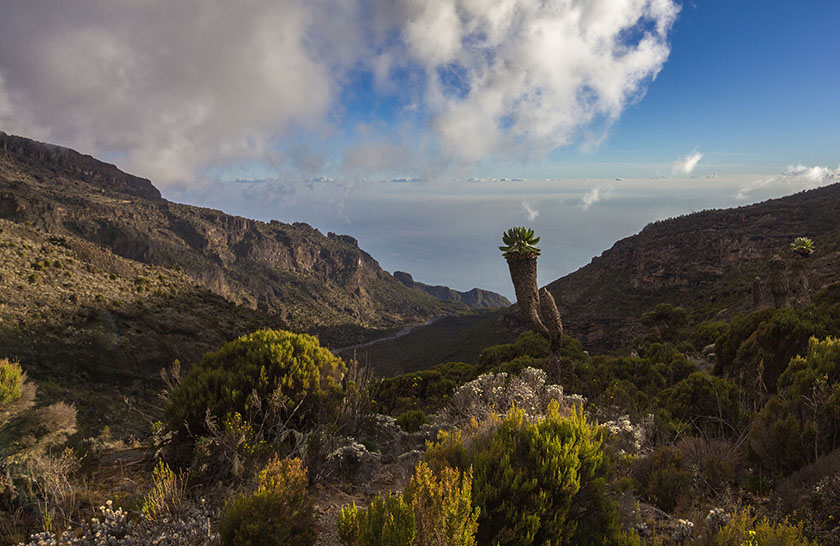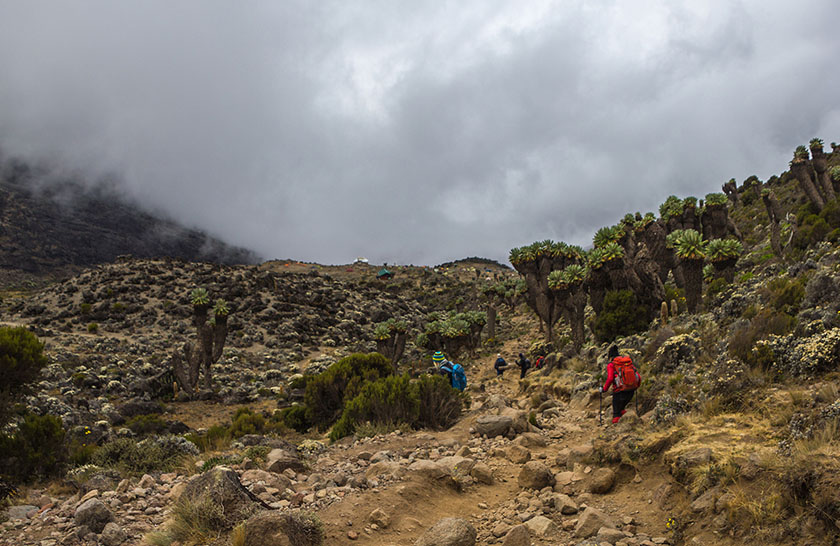Mount Kilimanjaro
Location, History, and Highlights
Mount Kilimanjaro, located in northern Tanzania, is 3 degrees south of the equator. Kilimanjaro’s mountain formed as a result of the collision of tectonic plates that allowed molten rock and lava to reach the earth’s surface during the creation of the Great Rift Valley. Kilimanjaro has 3 dormant volcanic cones: Kibo, Mawenzi, and Shira. Mt Kilimanjaro’s last eruption occurred 150,000 years ago. Its snow-capped mountain rises 19,340 ft above the savannah plains below. While being Africa’s tallest mountain peak and the highest free-standing mountain in the world, it is also the worlds most walk able high mountain. Visit Mount Kilimanjaro and you are guaranteed exotic wildlife, scenic views, wilderness, and the opportunity to experience time and space away from the crowds .
Many people list a Kilimanjaro safari as a lifelong dream adventure. Mountain climbing in Africa doesn’t get any better than Kilimanjaro safaris, as it is the highest peak in the African continent (19,340 ft elevation). When climbing Mount Kilimanjaro, there are several routes to its summit on Kilimanjaro tours. Listed below are several 7-9 day routes to its summit. These route itineraries allow climbers time to acclimated themselves to Mt. Kilimanjaro’s elevation. A 7 day ascent allows you a great chance of successfully making it to the roof of Africa! It also gives the climber time to see all of Kilimanjaro’s main areas while on the mountain climbing tour. Kilimanjaro’s highlights include rain forest, Shira plateau, glacial valleys, alpine deserts, views of Kibo and possible views of Kibo Peak and its caldera and ash pit glaciers. If you are looking for a great mountain climbing adventure that does not compromise safety, then climb with East Africa Road Trip Safaris!
Tipping
Tipping is an accepted part of life in Tanzania, and you will be expected to tip to reward the climbing crew appropriately to keep them motivated to work at their highest ability. You will be briefed on arrival as to when and how much is appropriate, however, depending on the size of your group you should budget on a personal contribution of around $100-$150 for your trek guides, cooks and porters who accompany you on the trek. This does not include the company group leader naturalist guide. Our naturalist guide receives $50 per client. He is the most highly trained person on the trek team.
